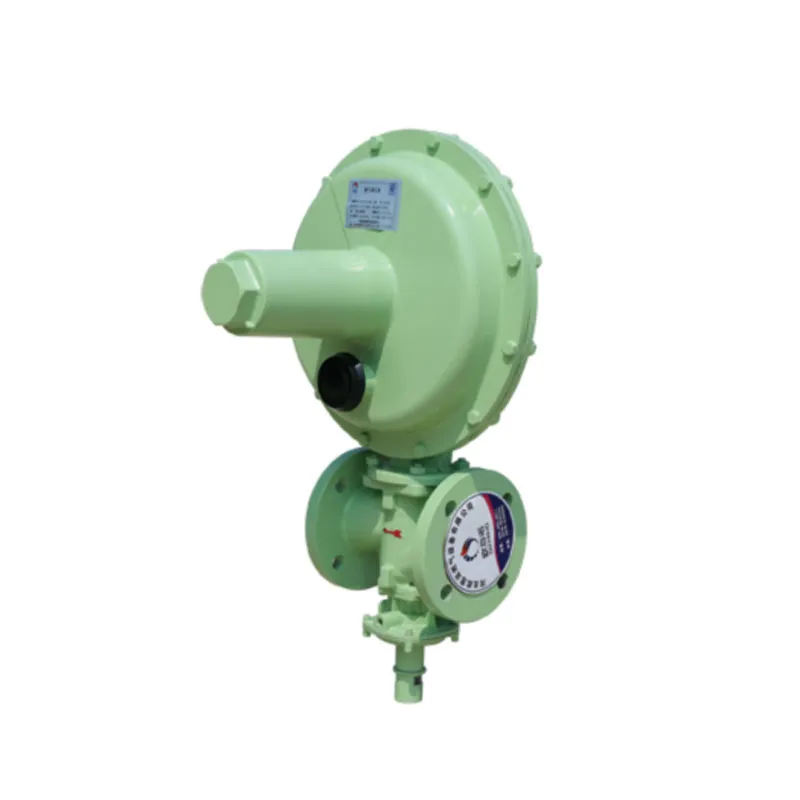
Nov . 18, 2024 14:23
Back to list
Gas Heat Exchanger Designs for Efficient Thermal Management in Industrial Applications
Gas Heat Exchangers Enhancing Efficiency in Energy Systems
Gas heat exchangers play a crucial role in various industrial processes and energy systems by transferring heat between two or more gases efficiently. These devices are essential for optimizing energy use, improving thermal efficiency, and reducing emissions in a wide range of applications, from power generation to HVAC systems.
At the heart of a gas heat exchanger's function is its ability to facilitate heat transfer without mixing different gas streams. This process typically involves a hot gas yielding heat to a cooler gas, which can be preheated before entering a combustion chamber or another process unit. By recovering waste heat from exhaust gases, businesses can significantly reduce fuel consumption and operational costs, making these systems economically attractive.
There are several designs of gas heat exchangers, including tubular, plate, and finned-tube configurations. Each design has particular advantages based on the required application. For instance, tubular heat exchangers are known for their robustness and ease of maintenance, while plate heat exchangers are favored for their compact size and high thermal efficiency. Finned-tube heat exchangers, on the other hand, provide enhanced surface area for heat transfer, making them suitable for applications where space is at a premium.
gas heat exchanger

In recent years, advancements in materials and technology have further improved the performance of gas heat exchangers. Innovations such as advanced coatings and improved aerodynamic designs lead to better heat transfer rates and enhanced durability, thereby extending the operational lifespan of these systems. Additionally, with the increasing emphasis on sustainable practices and energy efficiency, many industries are adopting heat exchangers as part of their strategy to reduce carbon footprints.
As energy demands continue to rise globally, the role of gas heat exchangers becomes increasingly important. They are integral to the transition towards a more efficient and sustainable energy landscape. By capturing and reusing heat that would otherwise be lost, these systems contribute to a circular economy, promoting resource conservation and energy optimization.
In conclusion, gas heat exchangers are indispensable components in modern energy systems. Their ability to improve efficiency, reduce costs, and minimize environmental impact makes them a vital technology in the quest for sustainable industrial processes. As research and development continue to advance, the future of gas heat exchangers looks promising, paving the way for innovative solutions in energy management.
Next:
Latest news
-
Safety Valve Spring-Loaded Design Overpressure ProtectionNewsJul.25,2025
-
Precision Voltage Regulator AC5 Accuracy Grade PerformanceNewsJul.25,2025
-
Natural Gas Pressure Regulating Skid Industrial Pipeline ApplicationsNewsJul.25,2025
-
Natural Gas Filter Stainless Steel Mesh Element DesignNewsJul.25,2025
-
Gas Pressure Regulator Valve Direct-Acting Spring-Loaded DesignNewsJul.25,2025
-
Decompression Equipment Multi-Stage Heat Exchange System DesignNewsJul.25,2025

